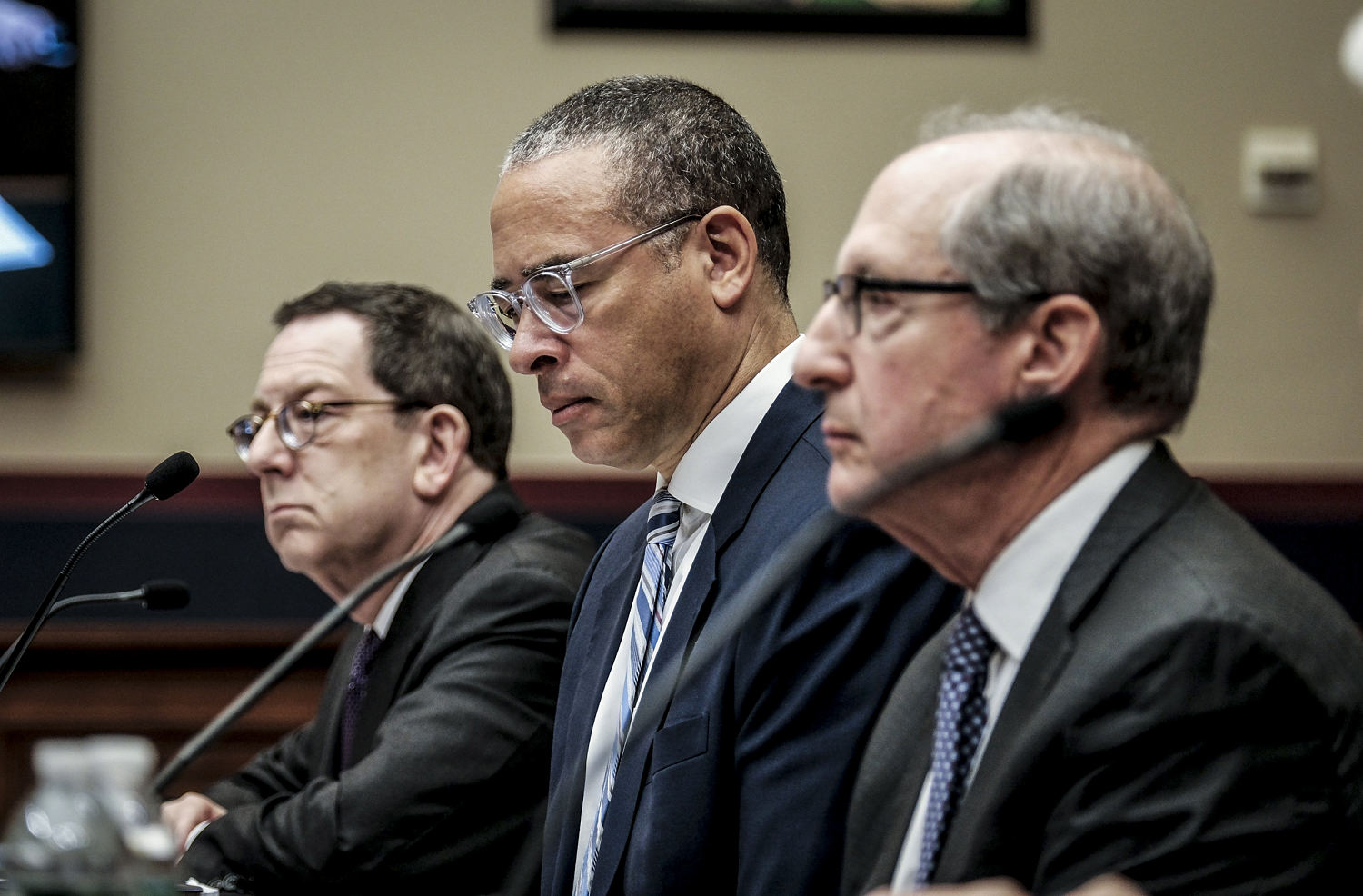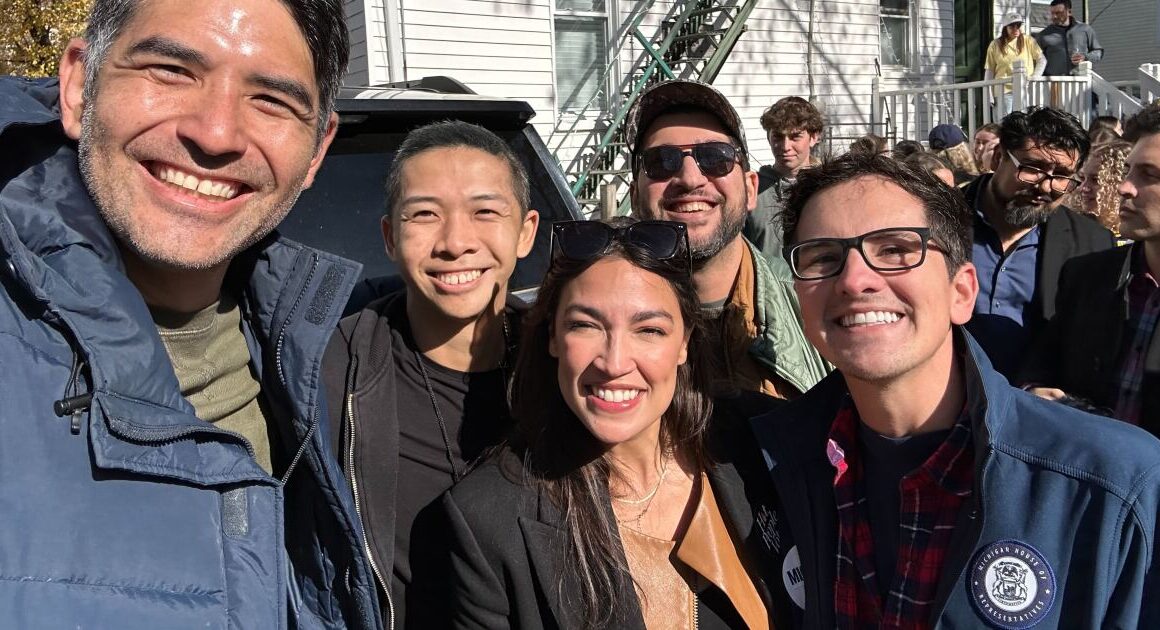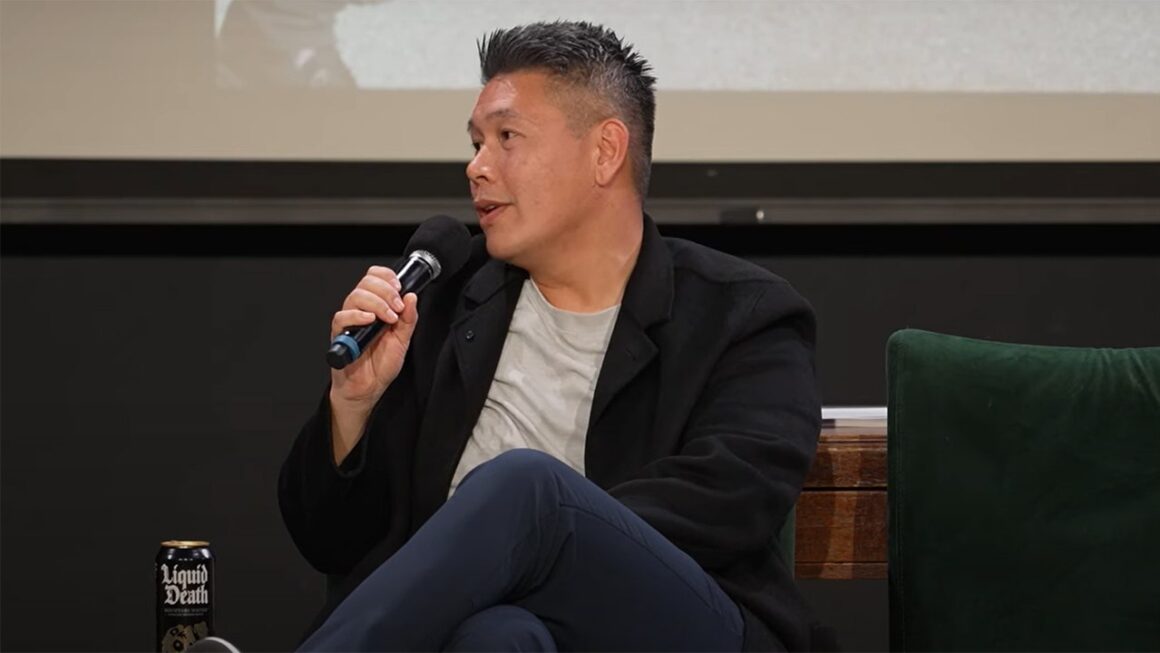
In six months, the Republican-controlled U.S. House Committee on Education and the Workforce has held three hearings about campus antisemitism, including one last week. Although there’s more testimony to come, the endeavor has already succeeded beyond the GOP’s wildest fever dreams.
Not only has the committee taken unprecedented steps to bring elite colleges and universities to heel, it has gleefully drawn attention to these institutions’ failures of leadership, fairness and vision. The Republicans have leaned into their oversight powers. Questions about intellectual diversity and foreign donor interference have been asked, and the answers often place these schools in an awful light.
Not only has the committee taken unprecedented steps to bring elite colleges and universities to heel, it has gleefully drawn attention to these institutions’ failures of leadership, fairness and vision.
It’s unclear whether the proceedings have reduced or will reduce antisemitism. One also wonders if Republicans are truly committed to this goal. As Rep. Suzanne Bonamici, D-Ore., observed at last week’s hearing, it’s hard to square the GOP’s professed concern for the well-being of Jewish Americans with its embrace of white supremacists, replacement theory and “unified Reich” rhetoric.
Nevertheless, a mere 10 hours of testimony have generated considerable havoc. The first hearing in December resulted in the resignations of Harvard University President Claudine Gay and University of Pennsylvania President Liz Magill. Both used “university president speak” to suggest they were powerless to crack down on antisemitic speech on their campuses.
In the second hearing, held in April, Columbia University President Minouche Shafik rather skillfully placated hostile Republican questioners, but that likely reignited the resolve of pro-Palestinian protesters across the country. Hours after Shafik’s testimony, all hell broke loose. Protests erupted, the campus went on lockdown, a building was eventually occupied and the unrest spread to other schools.
Thursday’s session, with Northwestern University President Michael Schill, Rutgers University President Jonathan Holloway, and UCLA Chancellor Gene Block, was not without controversy. Schill testified that Northwestern’s protesters, with whom he’d just negotiated an “encampment deal,” were intimidating and antisemitic. He, thus, accomplished the difficult task of earning the condemnation of Students for Justice in Palestine, Jewish Voice for Peace, the NU Divestment Coalition and the ADL and pro-Israel Republicans.
The chaos has been an added bonus for Republicans. Their true intention, I suspect, is to reset and recalibrate the relationship between higher education and the government. The party has successfully test-run this program in states with a Republican supermajority. In ruby red Florida and Texas they’ve commandeered entire schools, tried to ban tenure, DEI initiatives, etc. Now, on the federal level, they’re deploying the power of the government to intimidate and regulate even private educational institutions.
The message to university administrators, most of whom are risk-averse, is clear: Committee chair Virginia Foxx, R-Va., is watching!! You will be summoned to the Capitol and asked to resign. By hearing’s end, President Liberal Snowflake Egghead IV, your quad will be aflame!
Welcome to the MAGA GOP’s fire sale approach to (slim) majority rule. Republicans are running the government as if it’s going out of business after Election Day and they’ll control the reboot. Their motto: Every Norm of Governance Must Go! And if that means having Congress grill university administrators about undergraduate course offerings , so be it.
Couldn’t Democrats play this game as well? What prevents a future iteration of this committee, chaired by a Democrat, from interrogating the president of scandal–struck Liberty University? Or conducting an investigation on sexual assault at conservative Christian theological seminaries?
Payback does not seem to concern Republicans. Maybe that’s because they’re high on the toxic fumes of academic unscrupulousness emitted by the witnesses. Among other things, we’ve learned that American universities are awash in nontuition generated money, money that likely comes with strings (and hawsers and iron cables) attached.
This funding stream has set an agenda, if not the, agenda in Middle Eastern studies. It contributes to the lack of viewpoint diversity among faculty experts who study these issues.
The presidents on Thursday were queried about donations from Qatar and Saudi Arabia, billions of dollars of “philanthropy,” doled out to dozens of institutions across decades. This funding stream has set an agenda, if not the, agenda in Middle Eastern studies. It contributes to the lack of viewpoint diversity among faculty experts who study these issues.
The GOP, naturally, didn’t mention that universities are just as eager to accept contributions from pro-Israel billionaires (who entered the fray, rather belatedly, to offset pro-Palestinian scholarship). Elsewhere, conservative “philanthropists” like the Koch network and various richest guys in the world steadily seed their agendas into college soil. Then there are countless lesser-known foundations with ideological objectives so targeted and niche that only experts can recognize them.
Show me a new “endowed professorship” or an “institute,” and I’ll show you a person with a yacht and/or spaceship who wants to tilt the playing field. The 1%, be they individuals, corporations, foundations or sovereign nation-states, have long recognized that the university is open for business.
The university, for its part, has lost focus on the balance, teaching mission, and even quality, of its liberal arts curriculum, once its signature product. It, thus, quietly enables the GOP’s demand for STEM disciplines, for vocational training, for more electrical engineers and fewer French lit majors.
Last week, Rep. Glenn Grothman, R-Wisc., said college faculties lack intellectual diversity. I’d add that the protests have revealed how listlessly un-innovative our institutions have been in fostering dialogue around complex issues. Few schools have figured out how to platform their own experts in serious, nuanced but accessible dialogue about Israel and Gaza. Few have convinced their students (or their professors) that sober scholarly analysis and reflection should lead to more solutions and that chanting, encampments and die-ins are a lot less meaningful than thinking through a problem in good faith.
The House committee, of course, values power, not dialogue. Had universities not lost their way, the dialogue these days wouldn’t be about their powerlessness to refute the committee members who are telling them they’re way off track.
![]()




